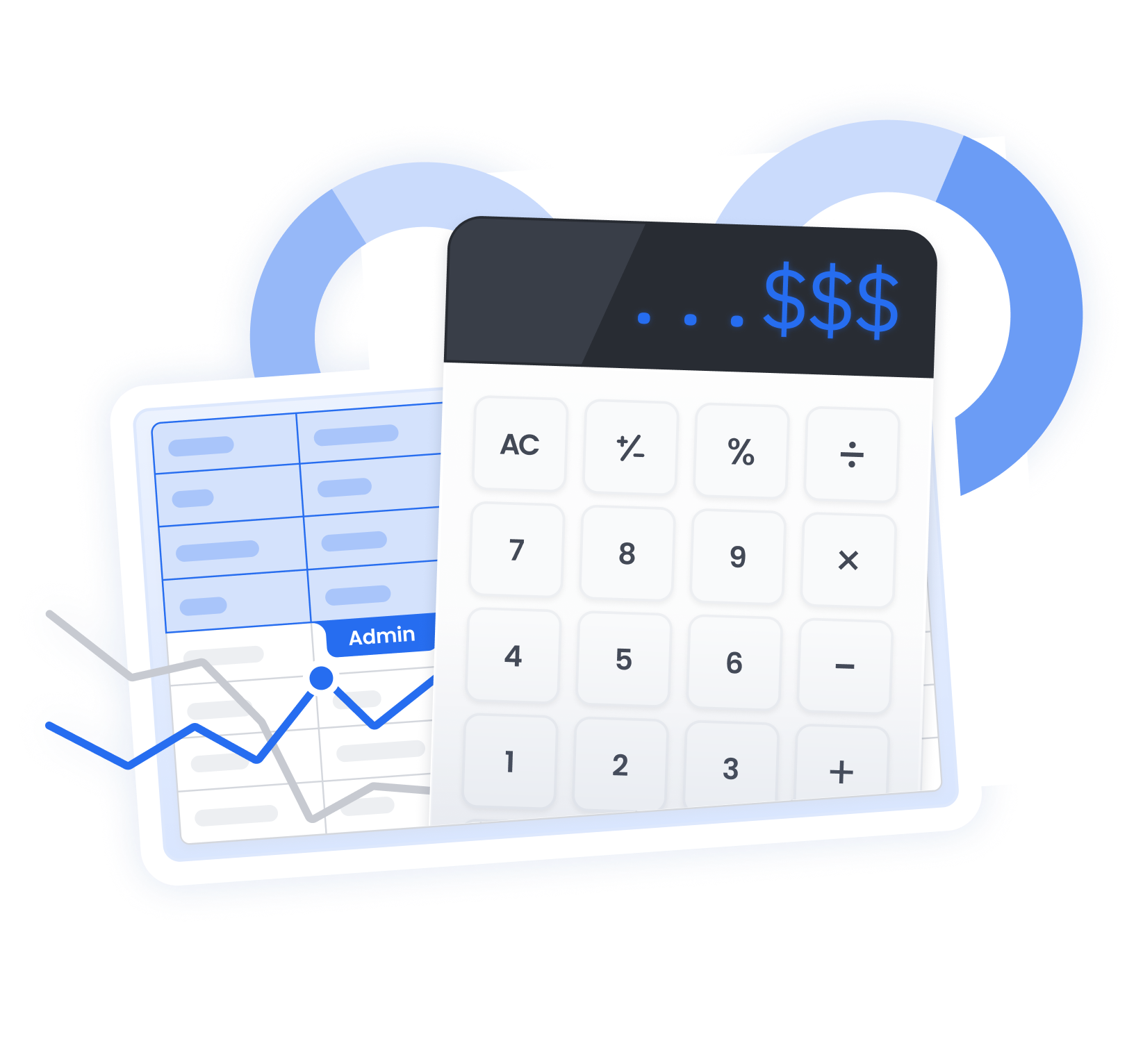
Today, advanced midstream accounting software automates core financial processes and integrates seamlessly with operational data to deliver...

Explore the latest Trilogy blog articles


Today, advanced midstream accounting software automates core financial processes and integrates seamlessly with operational data to deliver...

Discover how modern pipeline and storage software unifies real-time operations, scheduling, integrity monitoring, and automated settlements for...

Discover why midstream credit teams need a standalone system for real-time exposure, limits, ratings, and protection—without major IT lift or ETRM...

Discover how midstream automation transforms operations by replacing spreadsheets with intelligent workflows, reducing manual errors, and...

Discover how SaaS is transforming the energy industry. Learn about cloud-based oil and gas software, its benefits, and what to consider when...

Modern ETRM software for the oil and gas industry has evolved into a comprehensive solution that integrates the front, middle, and back offices;...

Digital transformation in midstream oil and gas is about turning legacy operations into agile enterprises: able to respond to change, scale...

Discover how cloud-native software like TIES helps gas plant processors streamline allocations, boost compliance, and stay competitive in today’s...

The increasing adoption of fractional solutions for midstream oil & gas isn’t just a trend; it’s a strategic response to several industry dynamics.

By embracing real-time visualization tools, midstream companies are not only improving operational performance; they’re building a culture of...

Platforms like TIES (modern oil and gas SaaS) exemplify how AI can be embedded into existing workflows, delivering actionable intelligence in real...

Choosing the right software solution for gatherers is one of the most important decisions. It’s not just about technology; it’s about enabling...

Gas processors should invest in purpose-built gas plant accounting software that understands their business from the ground up. Solutions like...

Software solutions for midstream oil and natural gas operations must now deliver more than functionality; they must deliver agility, insight, and...

Fractional services for midstream oil & gas companies provide the agility to scale operations, maintain compliance, and improve financial...

In today’s fast-paced and data-driven energy landscape, the ability to seamlessly connect field data to office teams is more than a competitive...

Midstream accounting software isn’t just a convenience; it’s a necessity. Operators need a bespoke solution for the oil & gas industry, one that...

In an industry as critical and fast-paced as oil and gas, particularly the midstream sector, operational efficiency is everything. From...

The Integrated Energy System (TIES), in midstream oil & gas, is a unified software platform that consolidates core business functions into a...

The transformation in 2025 is unmistakable. Integrated midstream platforms (cloud-native, modular, and scalable) are now at the core of...

Building a cyber-resilient midstream operation is no longer optional; it's a business imperative. From IoT security to compliance with regulatory...

The shift toward smart pipelines in oil and gas represents a fundamental change. This digital transformation is not just about upgrading hardware;...

Cloud-based monitoring gathering systems are a modern approach that empowers operators with real-time visibility, proactive maintenance...

Through advanced leak detection technologies, anomaly detection and the use of digital twins, AI is redefining how gathering networks are...

This article explores the key elements that make a gas processing plant smart, and how digital technologies are driving improvements in predictive...

In the ever-evolving energy sector, midstream companies play a critical role in connecting upstream exploration and production with downstream...

Digital transformation in midstream refers to the strategic integration of digital technologies into every aspect of midstream operations.

In the context of oil and gas post-acquisition integration, implementing an integrated energy system isn’t just a tech upgrade; it’s a strategic...

Process automation in midstream oil and gas is no longer a luxury; it's a necessity. Automation tools can handle now repetitive tasks, validate...

Smart pipelines represent a fundamental shift in how midstream oil and gas assets are managed, blending IoT, big data and advanced analytics into...

Automation is playing an increasingly vital role in transforming midstream operations. It is revolutionising several core aspects of midstream oil...

Predictive maintenance (PdM) - a smarter, data-driven approach. For midstream oil and gas companies, predictive maintenance powered by machine...

IoT is transforming the midstream oil & gas industry. As digital transformation accelerates, the adoption of IoT is inevitable; it's an essential...

In this blog, we explain how Scissortail Energy transformed its decision-making process. TIES helped Scissortail Energy shift from a...

As the midstream sector evolves, internal data visibility will continue to play a pivotal role. Unlocking plant data is about using the right...

In this article, we explore how the midstream oil and gas industry can improve operations and pave the way for a smarter, more sustainable future...

This article explains how midstream operators can streamline tasks, through automation, that traditionally relied on spreadsheets, such as...

In the midstream oil and gas industry, where operational efficiency and safety are critical, real-time data has become a game-changer. The...

We discuss key benefits of cloud-based solutions in the midstream oil and gas sector. Along with an explanation of the various operational...

In this article, we’ll explore how SaaS is transforming the midstream oil and gas sector and why companies should consider adopting these solutions.

The midstream oil and gas industry has long been a cornerstone of the global economy, but it is also a sector undergoing significant...

Midstream operations consist of transportation, storage, and wholesale marketing of crude oil, natural gas, and refined products. They form a...

Discover key cybersecurity threats, regulatory requirements, and best practices for midstream companies to protect critical infrastructure and...

Learn how storage tanks and caverns ensure supply security in the oil & gas Industry. Storage facilities are vital during demand fluctuation...

Discover key technologies and equipment in cryogenic processing, along with current challenges and future innovations shaping this advanced...

Explore the decision-making process for selecting an Artificial Lift System, considering well depth, production rate, fluid properties, and...

Learn how fractionation separates Natural Gas Liquids (NGLs) into valuable components like ethane, propane, and butane for energy and industry.

An overview of price volatility, risks, and hedging in oil & gas trading. Hedging basics, and its role in risk management are explained.

A high-level guide on natural gas processing, covering key components of a gas processing plants and steps like dehydration, removing impurities,...

Learn the basics of midstream oil and gas. This guide covers processing, transport, and storage, explaining how this sector powers the energy...

Explore essential midstream terms in the oil and gas industry, from gathering and processing to storage and distribution. This guide helps new...

Explore crude oil vs natural gas differences in storage, transportation, and processing, plus insights into midstream infrastructure and energy...

Introduction to midstream oil & gas regulatory compliance framework across the US. Learn about safety, environmental, and market regulations from...

Climate and environmental impact of the oil & gas sector and efforts made by oil and gas producers to mitigate these risks & challenges.

Oil & Gas gathering systems play a crucial role in the energy sector. Natural gas gathering systems are often a bridge between production &...

Understanding the importance of gathering systems, evaluating key processes, and exploring challenges with innovative solutions to optimize...

Learn about the important role and advancements in pipeline infrastructure. In this article, we discuss the future challenges and technological...

Discover the key differences between gathering and transmission pipelines, their roles in oil & gas transport, and why these distinctions matter.